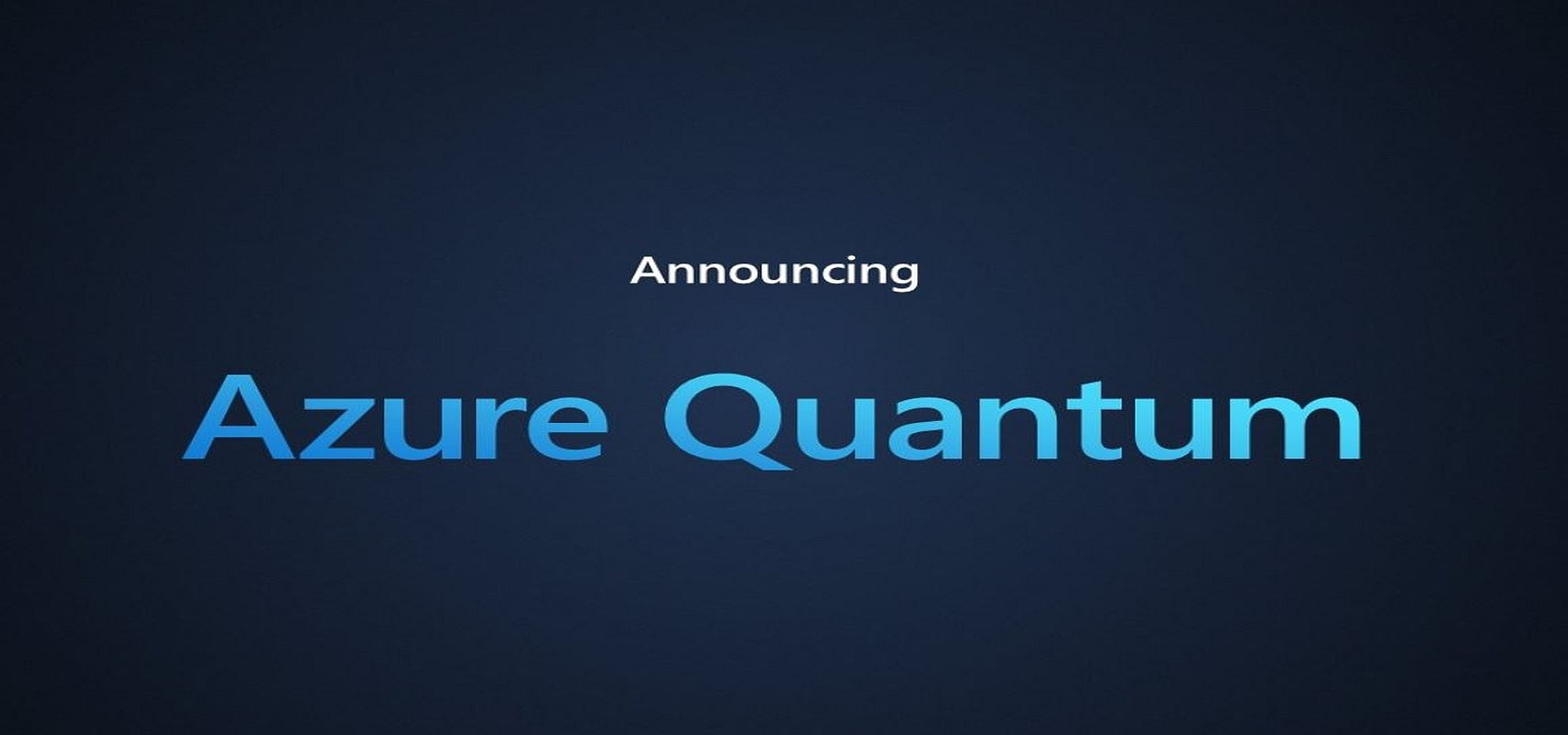Microsoft Azure Quantum is now open in the Public Preview

(Image courtesy: https://mspoweruser.com/microsoft-azure-quantum-preview/)
Microsoft announced on February 2, 2021, that Azure Quantum is now in public preview. Azure Quantum was in limited preview and only accessible to a select number of Microsoft partners, customers, and others. However, now anyone interested in quantum computing can start experimenting with the service.
Quantum Mechanics is the fundamental theory of physics that always remains a topic of interest. It helps to understand the physical properties of nature at the scale of atoms and subatomic particles. On the other side, Quantum Physics is widely used but less understood. It is a mathematical model used to understand small things. Quantum computing is an area of computing that facilitates the development of computer technology based on the principles of quantum theory and helps in understanding Quantum Physics better.
Computers that perform quantum computations are known as Quantum Computers. The development of desktop Quantum Computers is quite difficult at the moment, so various companies offer quantum services through their cloud. IBM is one of the pioneers in this field, and many new players are joining, including Amazon, Google, and Microsoft. Some of the players have developed their own Quantum Computers, while others have acquired them. Quantum computing is a fantastic technology that offers tremendous computational power.
Microsoft offers its cloud services through the Azure platform and has recently announced a new Azure cloud service called Azure Quantum. Microsoft has announced the public preview of its platform called Microsoft Azure Quantum. Azure Quantum is a set of quantum services that run and are managed in Azure. It consists of quantum hardware, servers, Quantum Development Kit (QDK), and also some pre-built quantum solutions. Azure Quantum, a public cloud ecosystem for quantum solutions, is now open. It will help developers, researchers, systems integrators, and customers to learn and build their solutions based on the latest innovations—using the familiar Azure environment. Specifically, it will help developers build quantum apps.
Quantum Azure allows using the unique capabilities offered by industry leaders in quantum computing and optimization solutions. Microsoft has partnered with quantum hardware providers Honeywell, IonQ, and QCI, allowing developers to use products like Visual Studio or QDK. Developers have a choice of using the widely used programming language Python or the brand new Q# for their development. Microsoft may eventually add their homemade quantum computers. The following information may help understand the infrastructure.

(Image courtesy: https://www.swissquantumhub.com/microsoft-azure-quantum-is-now-in-public-preview/)
You can accelerate your development lifecycle by building your quantum solution once and running it on multiple systems using Azure Quantum. This may require little or no change. Azure Quantum is an Open Ecosystem that allows accessing software, hardware, and solutions altogether. It’s a Trusted, Scalable, and Secure Platform that will continuously adapt to rapidly evolving quantum technology. Azure Quantum provides a Unified Development Interface where developers can create solutions that will run on heterogeneous hardware and software with minimal or no changes. Thanks to Microsoft and their partners' joint efforts!
Microsoft offers its services for free up to a certain extent under certain conditions, and after that, it will become a paid service. More information on pricing is available here. The quantum devices currently offered by Microsoft can only support a small number of qubits, meaning the quantum algorithms designed on its platform are intended to tackle small-scale problems.
Microsoft is already working with OTI Lumionics, Ford, Case Western Reserve University, Trimble, Pacific Northwest Laboratory and Willis Towers Watson, among others.

"Quantum computing has the potential to revolutionize materials design by enabling highly accurate simulations that could otherwise not be solved on classical hardware. Unfortunately, current gate-based quantum computing is far from being powerful enough to simulate the commercial-sized problem."
"Quantum computing has the potential to help us answer our questions much, much faster with much higher accuracy."
References:
- https://cloudblogs.microsoft.com/quantum/2021/02/01/azure-quantum-preview/
- https://www.cnet.com/news/microsoft-opens-its-azure-quantum-computer-cloud-service-to-the-public/
- https://ml2quantum.com/azure-quantum/
#Azure #DrViratkumarKothari #Microsoft #Quantum #QuantumComputing #Technology #ViratKothari